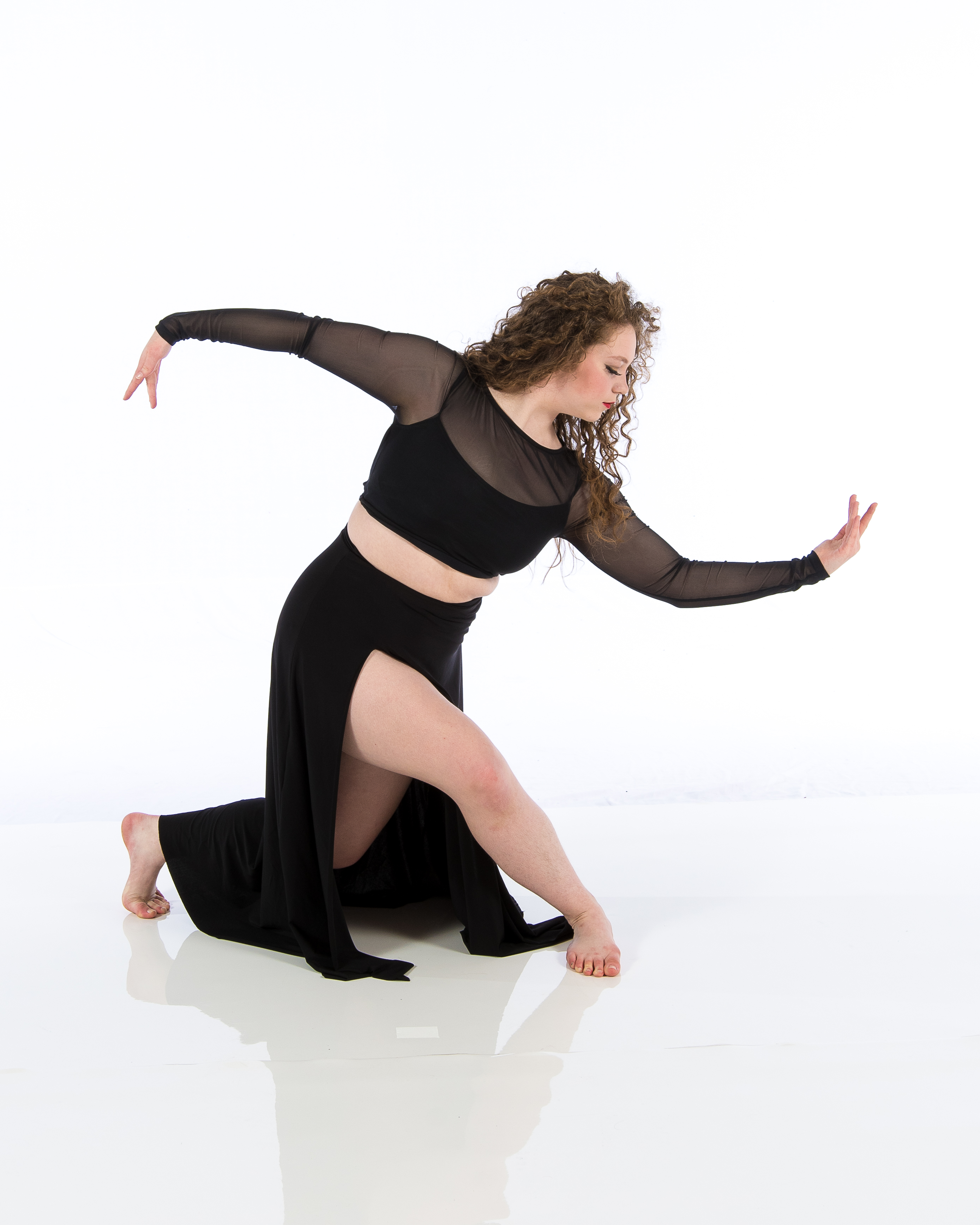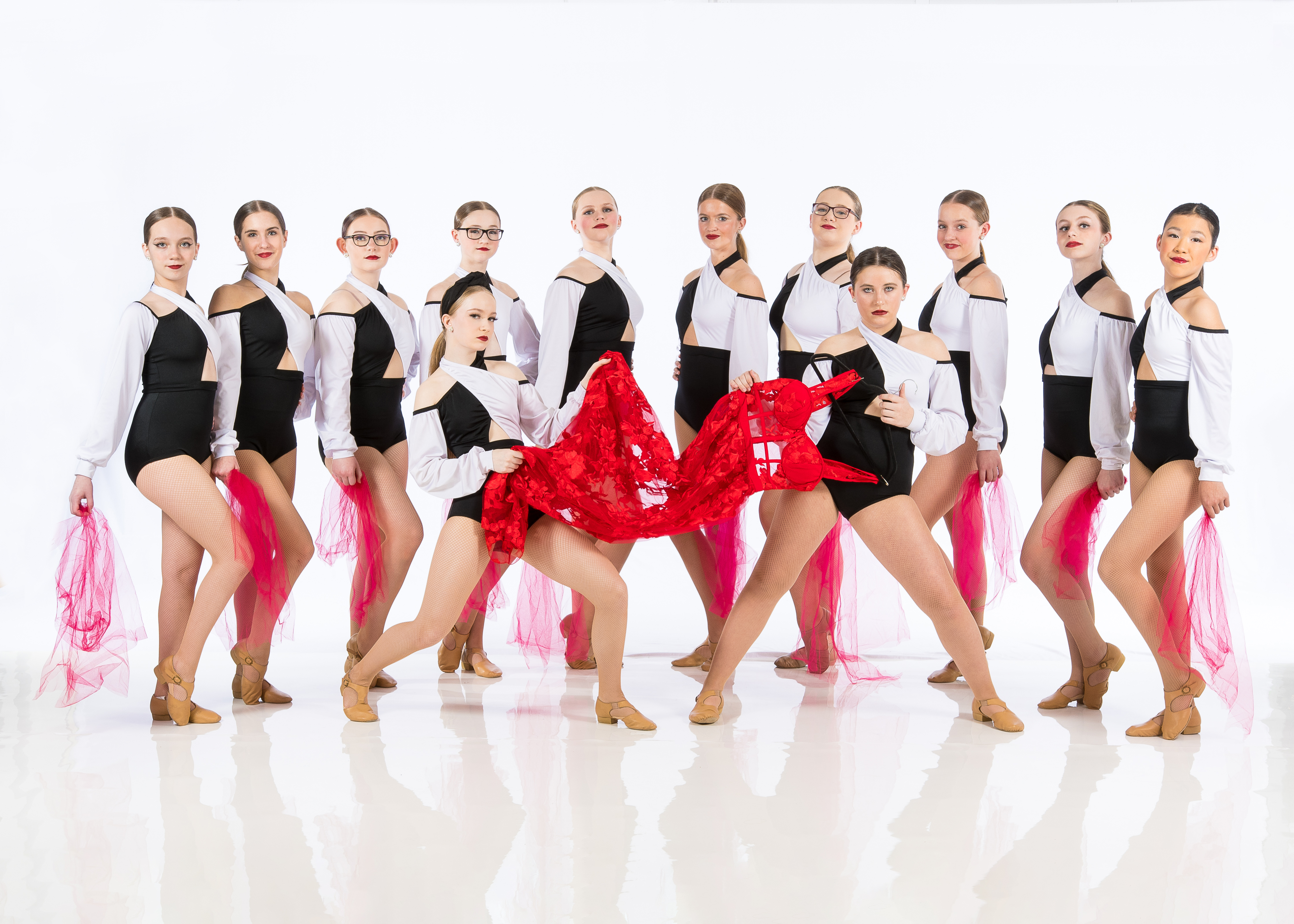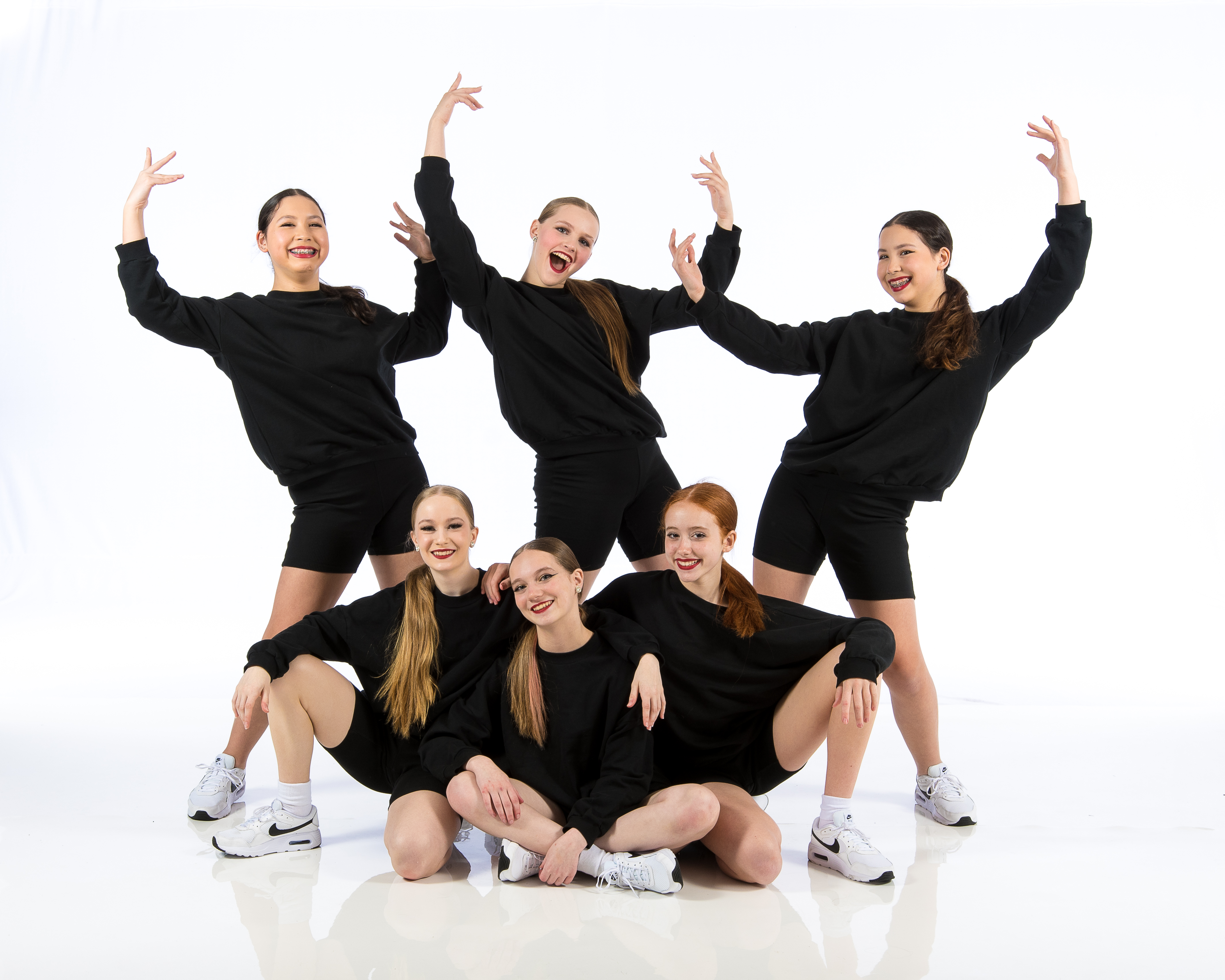Introduction
Stepping right into a dance studio for the first time is an electrifying experience, one that can mix an alcoholic drink of emotions-- enjoyment, anxiety, anticipation. Whether you're a seasoned professional dancer or simply starting your journey, comprehending the nuances of dance studio decorum can raise your experience and boost your connections with trainers and fellow dancers alike. In this comprehensive overview, we'll dive deep right into Mastering Dance Studio Rules: Necessary Tips for Beginners and Pros Alike
From standard guidelines to sophisticated factors to consider, this short article will cover everything you need to understand about browsing the dynamic world of dance workshops. So tighten up those shoelaces and allow's get started!
The Value of Dance Studio Etiquette
Why Etiquette Issues in Dancing Studios?
In any type of creative setting, rules plays a crucial role in keeping consistency and respect among individuals. Dance workshops are no exemption. Good rules promotes a favorable atmosphere where imagination can flourish.
- Respect: Being mindful towards trainers and fellow professional dancers develops common respect. Focus: Etiquette lessens interruptions, enabling everyone to concentrate on learning. Community: Etiquette helps create a supportive community that encourages development and camaraderie.
Common Misunderstandings About Dance Studio Etiquette
Many beginners hold mistaken beliefs about what makes up proper habits in dance workshops. Let's disprove some myths:
- Myth 1: "Only sophisticated dancers require to follow rules." Fact: Rules is essential for all degrees; it shows professionalism. Myth 2: "Teachers are also stringent about regulations." Fact: Teachers apply policies to keep order and respect.
Basic Dance Studio Decorum for Beginners
Dress Code: What to Wear?
First perceptions matter! The appropriate outfit not just shows your dedication yet likewise boosts your efficiency. Here's just how to dress suitably:
- Comfort: Choose garments that enable totally free movement. Footwear: Invest in good-quality shoes suited to your dancing style.
|Dance Style|Suggested Outfit|| -------------|-------------------------|| Ballet|Leotard, leggings, ballet slippers|| Hip-Hop|Loose-fitting clothing, sneakers|| Tap|Comfy garments, tap footwear|
Arriving promptly: Punctuality is Key!
Being late can interrupt the entire class. Purpose to reach least 10 mins early to:
- Warm up. Settle in mentally.
Tip: If you're running late because of unexpected circumstances, notify the trainer beforehand.
Quiet Zone: Keeping Silence Prior To Class
Dance studios grow on emphasis. Maintain conversations to a minimum prior to class begins to guarantee everyone can prepare mentally.
Intermediate Dance Studio Rules: Structure Relationships
Respecting Individual Area in Class
Every professional dancer deserves their space during session. Stay clear of crowding others while practicing steps or routines.
Why It Matters: Appreciating individual area advertises comfort and facilitates far better learning experiences.
Listening Proactively During Instructions
When a teacher is talking, it's crucial to focus. Active listening shows respect and aids you realize essential concepts.
How To Show Energetic Paying attention:
Maintain eye call with the instructor. Nod when appropriate. Ask clarifying inquiries if needed.Advanced Dance Studio Rules: Raising Your Experience
Providing Positive Feedback Wisely
As you expand a lot more seasoned, sharing comments enters into the society. Nonetheless, strategy this naturally:
Focus on particular activities instead of basic critique. Offer suggestions just if gotten by peers.Encouraging Others: Building Area Spirit
Support your fellow professional dancers with encouragement:
- Compliment their efforts genuinely. Celebrate their success openly.
Mastering Dance Studio Etiquette: Vital Tips for Beginners and Pros Alike-- The Trainers' Perspective
Understanding Trainer Expectations
Instructors typically have details expectations pertaining to actions in class. Acquainting yourself with these can substantially boost your knowing experience:
Listen attentively when they speak. Follow guidelines precisely. Give your best shot during every session.Building Rapport with Your Instructor
Establishing a great partnership with instructors can be valuable for your development as a professional dancer:
- Ask concerns related to choreography or technique after class. Thank them for their support post-class; gratitude goes a long way!
Handling Dispute Beautifully in the Dance Studio Environment
Dealing with Disagreements Amongst Peers
Conflicts might develop within any kind of team setting; recognizing just how to handle them beautifully is essential:
Approach the individual independently without intensifying tension. Use "I" declarations rather than "you" statements (e.g., "I felt overlooked when ...").
Addressing Issues with Trainers Professionally
If you have worries pertaining to instruction or class dynamics:
Request an exclusive conference after course hours. Express your sensations constructively concentrating on services rather than complaints.The Function of Non-Verbal Interaction in Dance Studios
Understanding Body Language Signals
Dance inherently includes non-verbal interaction; recognizing exactly how body language functions in this context is necessary:
Positive body language (e.g., open stance) fosters connection. Negative signals (gone across arms) may communicate defensiveness or disengagement.Using Eye Get in touch with Properly Throughout Classes
Maintaining eye call with teachers conveys listening while likewise aiding develop connection amongst peers throughout team performances!
FAQs
Q1: What need to I wear for my very first dance class?
A1: Select comfy garments that permits complimentary motion-- yoga pants or tights paired with a fitted leading jobs well!

Q2: Is it alright to miss out on courses occasionally?
A2: Life takes place! Inform your teacher in advance if possible; they'll appreciate your consideration.

Q3: Just how do I handle sensation shy around various other dancers?
A3: Begin little-- introduce on private dance studio your own individually before increasing interactions slowly as experience grows!
Q4: Can I bring buddies along to observe classes?
A4: The majority of workshops favor prior setups; talk to administration initially so they're aware of extra attendees!
Q5: What if I disagree with a teacher's feedback?
A5: Approach them professionally post-class; reveal sensations using "I" statements focusing on positive dialogue rather than confrontation!
Q6: Need to I join performances also if I'm new?
A6: Definitely! Getting involved increases confidence-- speak up concerning any type of hesitations so holiday accommodations can be made accordingly!
Conclusion
Mastering dance studio etiquette isn't nearly adhering to rules; it's about growing an enhancing setting where everybody really feels valued and inspired-- whether you're just beginning or fine-tuning advanced strategies as a seasoned pro! By sticking very closely to these necessary suggestions outlined here under Mastering Dance Studio Etiquette: Crucial Tips for Beginners and Pros Alike, not only will you boost your own experience yet additionally add favorably in the direction of supporting an inviting area within each dance studio you poise with your existence! So take these insights ahead right into every workshop area you get in-- and let the rhythm lug you towards excellence!
